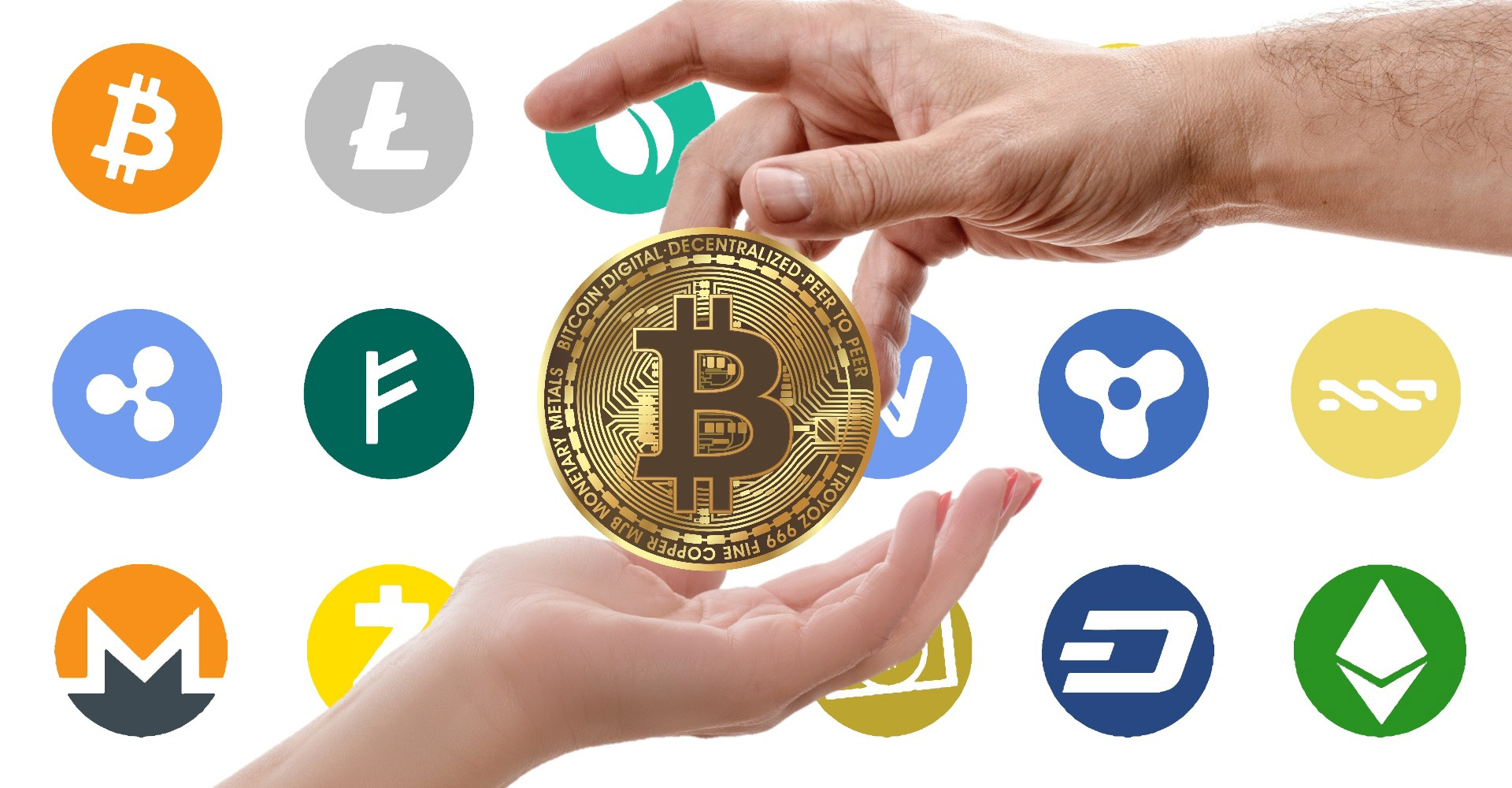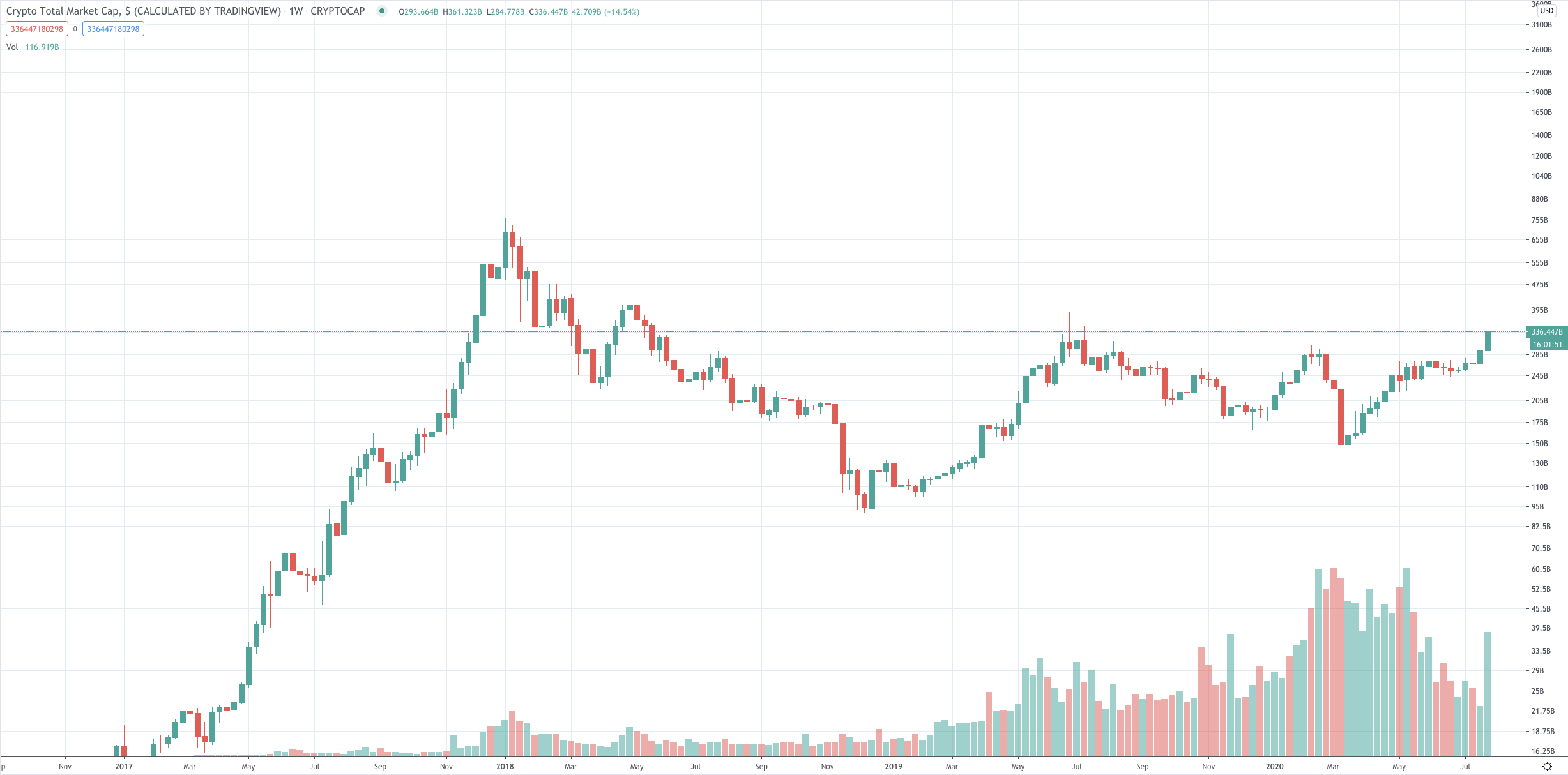How to buy cryptocurrency
After the early innovation of bitcoin in 2008 and the early network effect gained by bitcoin, tokens, cryptocurrencies, and other digital assets that were not bitcoin became collectively known during the 2010s as alternative cryptocurrencies, or, “altcoins”. https://whatistheisland.com/the-most-dangerous-islands-in-the-world/ Sometimes the term “alt coins” was used, or disparagingly, “shitcoins”. Paul Vigna of The Wall Street Journal described altcoins in 2020 as “alternative versions of Bitcoin” given its role as the model protocol for cryptocurrency designers. A Polytechnic University of Catalonia thesis in 2021 used a broader description, including not only alternative versions of bitcoin but every cryptocurrency other than bitcoin. “As of early 2020, there were more than 5,000 cryptocurrencies. Altcoin is the combination of two words “alt” and “coin” and includes all alternatives to bitcoin.” : 14
There exist multiple methods of storing keys or seed in a wallet. These methods range from using paper wallets (which are public, private, or seed keys written on paper), to using hardware wallets (which are hardware to store your wallet information), to a digital wallet (which is a computer with software hosting your wallet information), to hosting your wallet using an exchange where cryptocurrency is traded, or by storing your wallet information on a digital medium such as plaintext.
Various studies have found that crypto-trading is rife with wash trading. Wash trading is a process, illegal in some jurisdictions, involving buyers and sellers being the same person or group, and may be used to manipulate the price of a cryptocurrency or inflate volume artificially. Exchanges with higher volumes can demand higher premiums from token issuers. A study from 2019 concluded that up to 80% of trades on unregulated cryptocurrency exchanges could be wash trades. A 2019 report by Bitwise Asset Management claimed that 95% of all bitcoin trading volume reported on major website CoinMarketCap had been artificially generated, and of 81 exchanges studied, only 10 provided legitimate volume figures.
With more people entering the world of virtual currency, generating hashes for validation has become more complex over time, forcing miners to invest increasingly large sums of money to improve computing performance. Consequently, the reward for finding a hash has diminished and often does not justify the investment in equipment and cooling facilities (to mitigate the heat the equipment produces) and the electricity required to run them. Popular regions for mining include those with inexpensive electricity, a cold climate, and jurisdictions with clear and conducive regulations. By July 2019, bitcoin’s electricity consumption was estimated to be approximately 7 gigawatts, around 0.2% of the global total, or equivalent to the energy consumed nationally by Switzerland.

Cryptocurrency market cap
According to the project’s founder Charles Hoskinson, Alonzo aims to introduce “programmability” to the network. He likened the upgrade to when JavaScript was introduced to web browsers and the transition from static web pages to the likes of Facebook and YouTube.
Over the past few decades, consumers have become more curious about their energy consumption and personal effects on climate change. When news stories started swirling regarding the possible negative effects of Bitcoin’s energy consumption, many became concerned about Bitcoin and criticized this energy usage. A report found that each Bitcoin transaction takes 1,173 KW hours of electricity, which can “power the typical American home for six weeks.” Another report calculates that the energy required by Bitcoin annually is more than the annual hourly energy usage of Finland, a country with a population of 5.5 million.
One of the biggest winners is Axie Infinity — a Pokémon-inspired game where players collect Axies (NFTs of digital pets), breed and battle them against other players to earn Smooth Love Potion (SLP) — the in-game reward token. This game was extremely popular in developing countries like The Philippines, due to the level of income they could earn. Players in the Philippines can check the price of SLP to PHP today directly on CoinMarketCap.

According to the project’s founder Charles Hoskinson, Alonzo aims to introduce “programmability” to the network. He likened the upgrade to when JavaScript was introduced to web browsers and the transition from static web pages to the likes of Facebook and YouTube.
Over the past few decades, consumers have become more curious about their energy consumption and personal effects on climate change. When news stories started swirling regarding the possible negative effects of Bitcoin’s energy consumption, many became concerned about Bitcoin and criticized this energy usage. A report found that each Bitcoin transaction takes 1,173 KW hours of electricity, which can “power the typical American home for six weeks.” Another report calculates that the energy required by Bitcoin annually is more than the annual hourly energy usage of Finland, a country with a population of 5.5 million.
Future of cryptocurrency
At the end of June 2022, the Council presidency and the European Parliament reached a provisional agreement on the markets in crypto assets (MiCA) proposal which covers issuers of unbacked crypto assets, and stablecoins, as well as the trading venues and wallets where crypto assets are held. This regulatory framework is intended to protect investors and preserve financial stability while allowing innovation and fostering the attractiveness of the crypto asset sector. The purpose of MiCA is to provide more clarity across the European Union, as some member states already have varying national legislation for crypto assets, but there had been no specific regulatory framework at an EU level.
The collapse of FTX underlined the “urgent need for imposing rules which will better protect Europeans who have invested in these assets, and prevent the misuse of crypto industry for the purposes of money laundering and financing of terrorism,” said Elisabeth Svantesson, Finance Minister for Sweden, which holds the EU presidency.
Use cases are not hard to find. Blockchain projects have already been deployed in a range of different fields, from wholesale electricity distribution and peer-to-peer energy trading to electricity data management and commodity trading.
Any company issuing or trading cryptocurrency will need a licence, and from January 2026 all service providers will have to obtain the name of senders and beneficiaries, whatever the amount being transferred. Further, any self-hosted wallets holding over 1,000 euros will need to undergo wallet ownership verification for transactions.